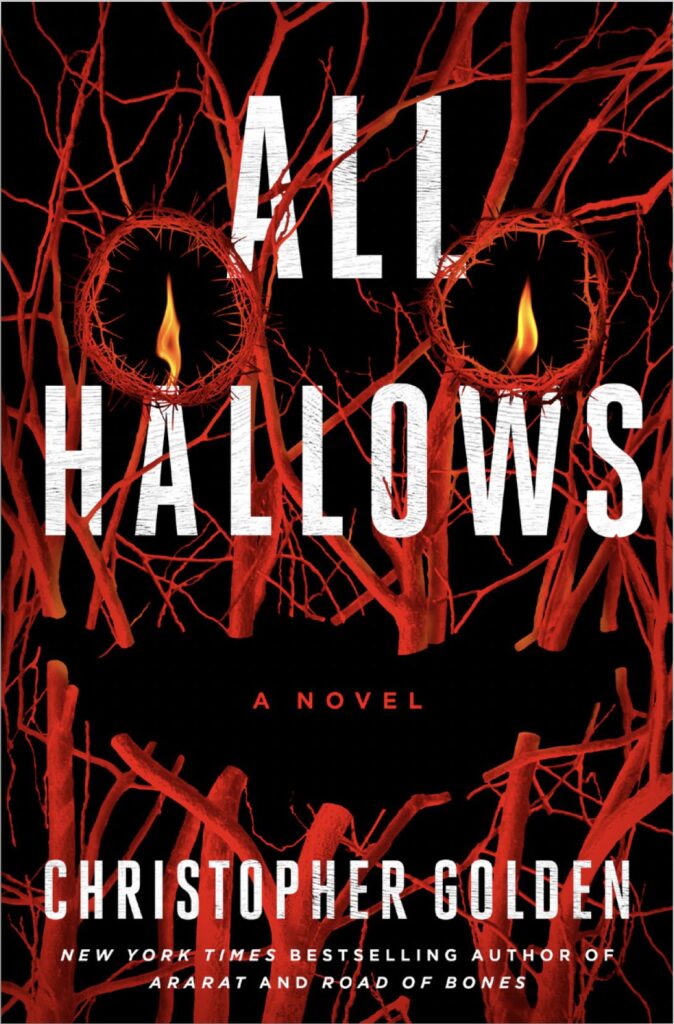
I have a favorite Halloween song, and it’s pretty atypical. Back in 2003, Austin band Li’l Cap’n Travis put out a single called “To All the Trick-Or-Treaters” (you can listen to it here).
Perhaps, unknowingly (though it would be fantastic if he was familiar with the track), Mr. Golden has, basically, fleshed out a lot of details of the song in All Hallows.
It’s Halloween 1984 in Coventry, MA, and things are not well on Parmenter Road. While kids are getting ready for trick-or-treating, a family tradition haunted forest, and a neighborhood party, and two families are, seemingly, falling apart, something supernaturally malicious appears to be creeping into the block.
Four children, in decades old costumes and faded makeup, have intermingled themselves in with the bands of trick-or-treaters going up and down Parmenter Road in search of candy. Once confronted, the strangers beg for protection from the threat of The Cunning Man, who is actively pursuing them.
Needless to say, all sorts of weird shit entails.
I picked up this novel because I absolutely love Mr. Golden’s previous works, and it was near Halloween time. I could not have picked a better read if I tried.
The thing with Mr. Golden’s approach is that he has this arcane ability to fully submerge the reader into the environment he is creating. Little details make all the difference, and really flesh out this tiny suburban vignette.
The cast of characters is the real icing on the cake. There are a lot, and I mean a lot, but all very compelling. The diversity, range of age, emotion, and mental state really cement All Hallows as a irresistible read. Along with the opportunity of eldritch horror, you have normal every day family situations that run the full range of emotions. I especially appreciate that the reader doesn’t always have the full picture.
Just what exactly did Ruth and Zack do? We’ll never know.


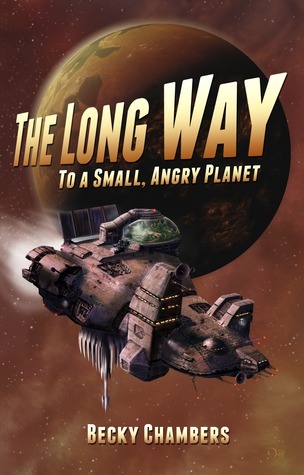
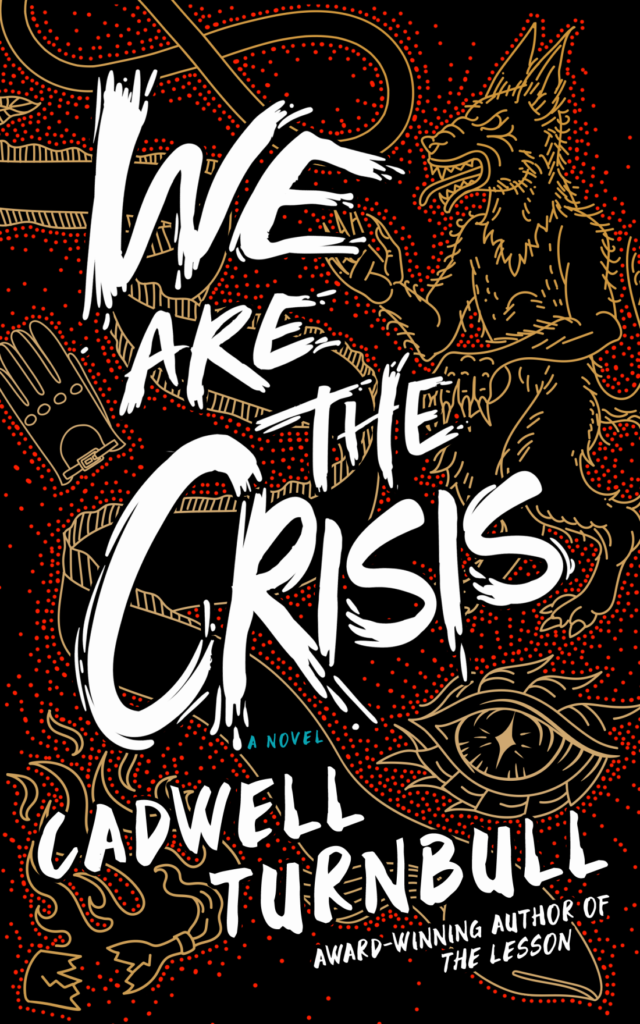
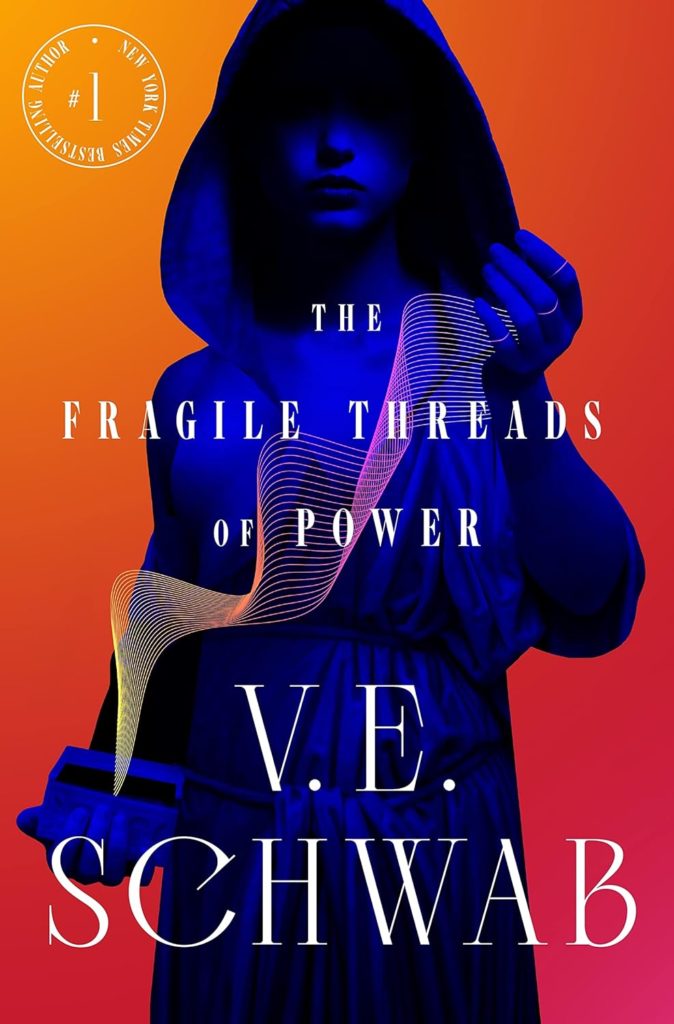
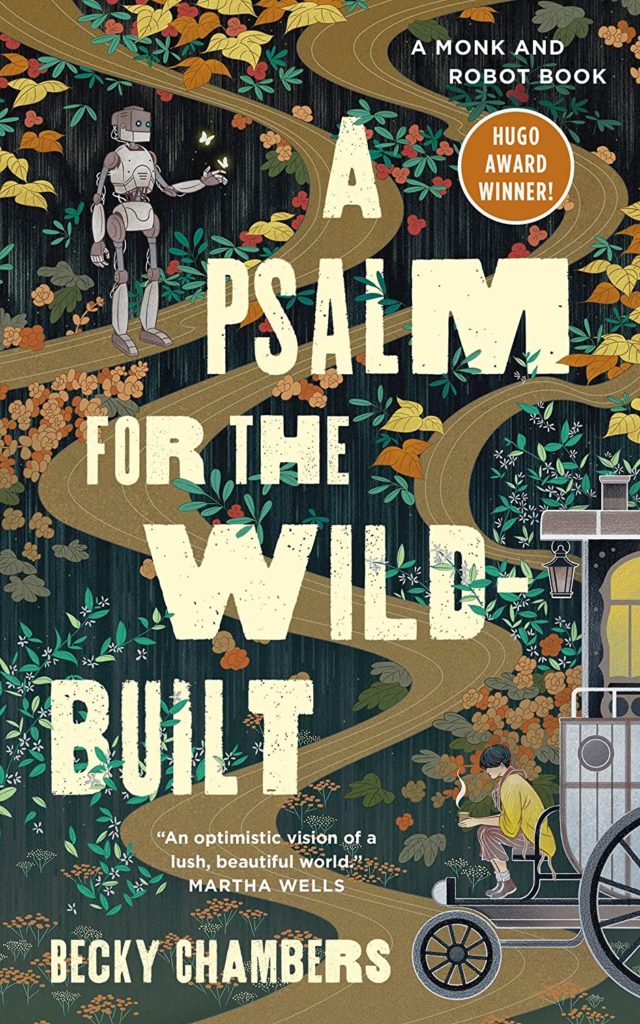



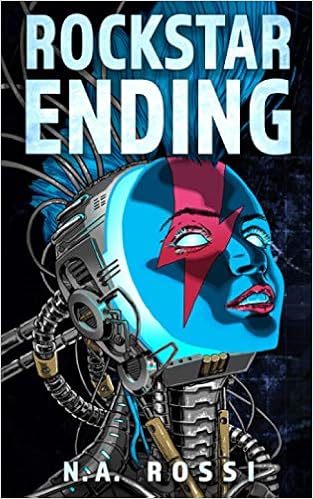
Recent Comments